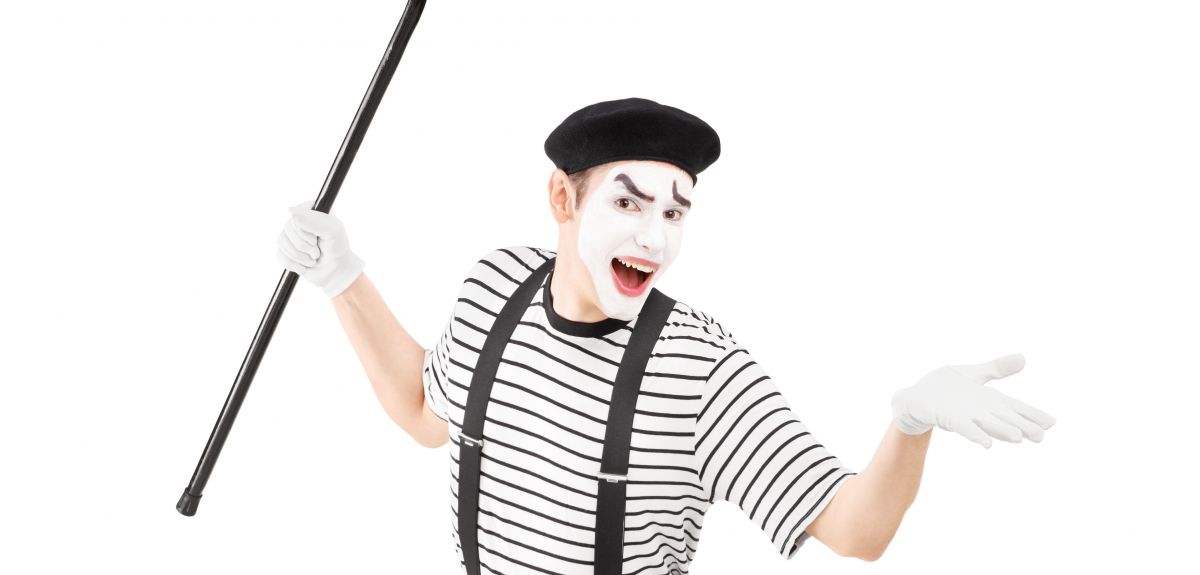
'Psychotic personality' could be key to making people laugh
An unusual personality could be the key to making people laugh. A study of comedians found higher than average rates of psychotic personality traits.
Comedians show high levels of psychotic personality traits, according to new research published in the British Journal of Psychiatry.
The finding, by researchers from the University of Oxford and Berkshire Healthcare NHS Foundation Trust, suggests that an unusual personality structure could be the secret to making other people laugh.
Recent research has focused on the popular belief that creativity is associated with madness. However, most studies have focused on people who work in the arts and sciences, and little attention has been paid to the possible association with comedy and humour.
The researchers recruited 523 comedians to take part in their study – 404 men and 119 women. The participants were recruited from comedy clubs, agencies, associations and societies, mainly in the UK, USA and Australia.
All the comedians were asked to complete an online questionnaire designed to measure psychotic traits in healthy individuals. The four different aspects measured by the questionnaire are: Unusual Experiences (belief in telepathy and paranormal events); Cognitive Disorganisation (distractibility and difficulty in focusing thoughts); Introvertive Anhedonia (reduced ability to feel social and physical pleasure, including an avoidance of intimacy); and Impulsive Non-Conformity (tendency towards impulsive, antisocial behaviour).
The questionnaire was also completed by 364 actors – another profession used to performing in front of an audience – who acted as a control group. The comedians' and actors' questionnaire results were compared with each other, and with a general group of 831 people who had non-creative occupations.
The researchers found that comedians scored significantly higher on all four types of psychotic personality trait compared with the general group. Most striking was their high scores for both extraverted personality traits (as measured by the Impulsive Non-Conformity scale) and introverted personality traits (as measured by the Introvertive Anhedonia scale). The actors scored higher than the general group on three types – but did not display high levels of introverted personality traits.
The researchers believe that this type of unusual personality structure may help explain comedians' ability to entertain.
Professor Gordon Claridge, of the University of Oxford's Department of Experimental Psychology, said: 'The creative elements needed to produce humour are strikingly similar to those characterising the cognitive style of people with psychosis – both schizophrenia and bipolar disorder. Although schizophrenic psychosis itself can be detrimental to humour, in its lesser form it can increase people's ability to associate odd or unusual things or to think "outside the box". Equally, manic thinking, which is common in people with bipolar disorder, may help people combine ideas to form new, original and humorous connections.'
Professor Claridge added: 'Our study shows that, as creative people, comedians rate highly on the same personality traits as those regularly observed in other creative individuals. The traits in question are labelled "psychotic" because they represent healthy equivalents of features such as moodiness, social introversion and the tendency to lateral thinking.'
 Expert Comment: Chatbot-driven sexual abuse? The Grok case is just the tip of the iceberg
Expert Comment: Chatbot-driven sexual abuse? The Grok case is just the tip of the iceberg
 New study finds that stopping weight-loss drugs is linked to faster regain than ending diet programmes
New study finds that stopping weight-loss drugs is linked to faster regain than ending diet programmes